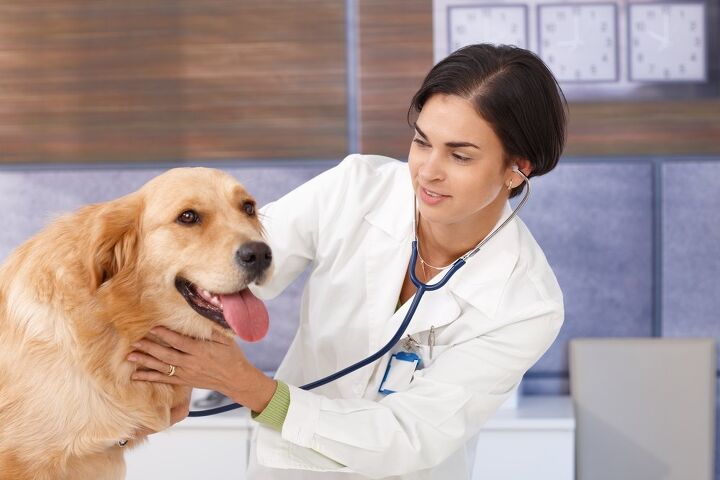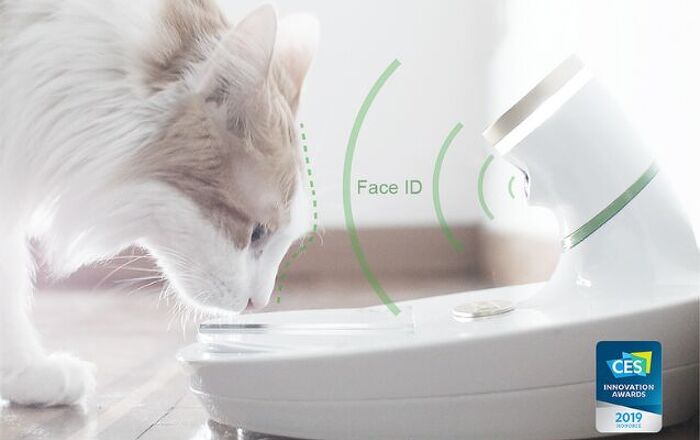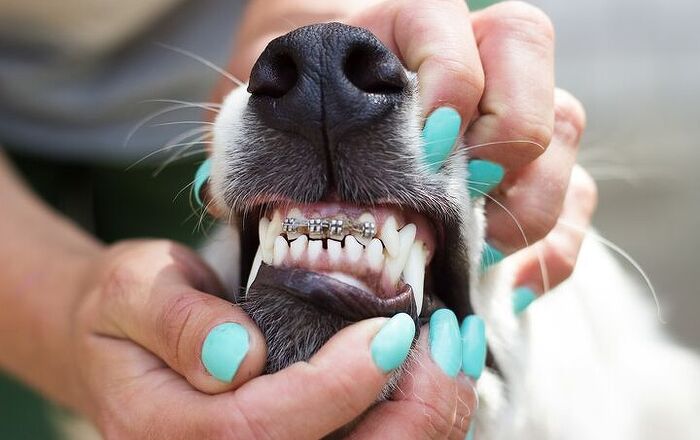
We’ve sniffed out the most common dog allergies and treatments
Just like people, dogs can also be prone to allergies. And they are just as annoying – they can cause skin irritation, coughing, sneezing, runny eyes and inflammation. If you think your dog is suffering from allergies, you should take her to the vet as soon as possible. There are many courses of treatment for common dog allergies and you’ll be able to discuss what course of treatment is best for your dog. Let’s go over the most common dog allergies you’ll come across, what kind of symptoms you can expect to see and what you can do about them.
Also known as Flea Allergy Dermatitis (FAD), this type of allergy is caused by flea saliva. If you’ve ever been bit by a flea, you know how much it itches. But when your dog has a flea allergy, this can cause more than just an irritating itch. Even a couple of fleas can turn into something more serious. Constant itching can make your dog scratch the skin off her body, which causes bleeding, scabbing and fur loss.
Treatment
Out of all of the allergies a dog can suffer from, these are the most common. Pollen, dust mites, grass, mold – these are just a few of the things that can set off an allergic reaction in your dog. If you think that environmental factors are causing your dog discomfort, your vet will be able to give you an affirmative answer with a simple blood or skin test.
An environmental allergy can be seasonal or year-round. A year-round allergy is most likely caused by something in your home. If it’s seasonal, chances are she’ll react to something outdoors. Finding out what is causing this allergy is key in determining a course of treatment.
Treatment
You may not even know that your dog as a food allergy – that’s how sneaky this one is. Just a few of the symptoms to keep an eye out for include itchy or oozing skin, irritated eyes, nasal discharge, inflamed ears and swollen paws. The most common dog allergies when it comes to food are beef, corn, wheat, soy, eggs and milk.
Treatment
Does your pooch suffer from these common dog allergies? What do you do to combat or relive these irritants? Please leave your tips in the comment section below.














